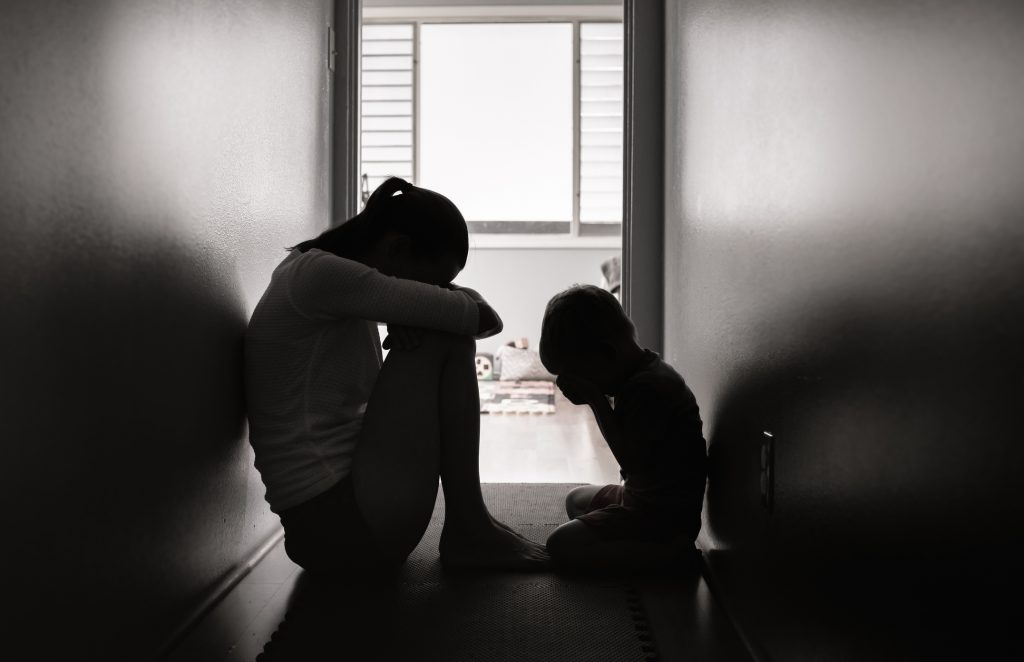
Stephen Cauchi
12 June 2022
Salvation Army clergy are best equipped of Australian clergy to deal with cases of domestic and family violence, according to a new landmark study.
Nearly seven out of ten Australian clergy have experience in supporting people in family violence situations, according to the National Church Life Survey study.
It found members of the Catholic Church were the most reluctant to approach their church about family violence situations.
The study by Dr Miriam Pepper and Dr Ruth Powell is the first national, cross-denominational analysis of Australian clergy responses to domestic abuse.
It follows last year’s release of the National Anglican Family Violence Research Report, which found that the incidence of domestic abuse was greater among Anglicans in Australia than the general population. Anglican General Synod in May passed several motions regarding the report.
According to the Anglican report, 44 per cent of Anglicans said they had experienced domestic violence, compared to 38 per cent of the general population.
Read more: New violence prevention manager keen to build on program’s strong foundations
The NCLS study made major findings in the areas of clergy response, denomination response, churchgoer confidence in clergy, and familiarity of clergy with family violence support services.
Denomination response
The study revealed The Salvation Army was the Christian denomination most likely to have helped victims of domestic abuse.
Eighty-eight per cent of local church leaders in The Salvation Army had dealt with family violence situations, compared with 67 per cent of leaders in all-denominations nationally, the report said.
Nearly all had referred a victim of family violence to support service agencies. They were also the most likely to have undertaken a safety risk assessment.
These findings suggested a depth of experience among Salvationist leaders about family violence, and strength of awareness of the needs of victims for safety and specialist support, the report said.
In other denominational findings:
- Salvation Army leaders were six times more likely to have responded to family violence than Uniting Church leaders, while Pentecostal leaders were twice as likely.
- Referral of perpetrators was reported by 40 per cent of Pentecostals and Catholics and 35 per cent of Salvation Army leaders, compared with up to 25 per cent of leaders from other denominations. Anglican and Pentecostal leaders were more likely than their Uniting Church counterparts to have counselled a perpetrator.
Churchgoer confidence in clergy
About six in 10 Australian churchgoers felt they could approach their church or help with domestic and family violence situations, the report found.
Sixty-four percent of churchgoers said they felt they could go to someone from their church for help if they, or someone they knew, were experiencing family violence.
Read more: Chance for churches to improve violence response, prevention
Three in 10 were not sure if they would seek the church’s help for family violence. Seven per cent said they would definitely not go to the church for help in such a situation.
About three-quarters of churchgoers at Anglican, Baptist/Churches of Christ, Pentecostal and other Protestant churches felt that they could approach their church with help for domestic and family violence.
At the Uniting Church, 64 per cent indicated likewise.
Catholics were least likely to agree they could make an approach. Only 52 per cent felt comfortable approaching their church.
Clergy response
Two-thirds of senior local church leaders reported that they had dealt with domestic and family violence situations, the report found.
About 77 per cent referred victims to a support service, while 70 per cent provided direct counselling.
Other common responses included providing marriage or couples counselling (41 per cent), providing counselling to the perpetrator (34 per cent), referring the perpetrator to a service agency (28 per cent), and conducting a safety risk assessment with the victim (23 per cent).
“Findings showed the clear majority of clergy had responded to victims rather than perpetrators,” the report said.
“[Clergy] mainly responded to victims of abuse by referring them to specialist services and counselling them. A large minority had also counselled and or referred perpetrators and had counselled couples.”
The sex and background of clergy also made a big difference, the report found.
Being female decreased the odds of counselling perpetrators and couples by 53 per cent and 57 per cent respectively.
Read more: Women’s voices vital to address family violence in the church
Leaders born in countries where English was not the main language spoken were 74 per cent less likely than Australian-born clergy to refer victims to service agencies.
Familiarity of clergy with family violence support services
Only 17 per cent of local church leaders indicated that they were very familiar with support services available such as crisis centres or hotlines.
A majority were somewhat familiar (57 per cent) and approximately one-quarter were not familiar (26 per cent).
Those with the lowest levels of formal education expressed greater familiarity than those with higher levels of formal education.
Future research should aim to explore responses to DFV in specific denominations and culturally and linguistic diverse contexts in more detail, the report said.
It should also seek to understand the practices used by clergy who are dealing with perpetrators.
If you or someone you know needs family and domestic violence support, contact:
- 1800 Respect on 1800 737 732
- Women’s Crisis Line on 1800 811 811
- Men’s Referral Service on 1300 766 491
- Lifeline on 131 114
If life is in danger contact Triple Zero (000).
For more faith news, follow The Melbourne Anglican on Facebook, Twitter, or subscribe to our weekly emails.






